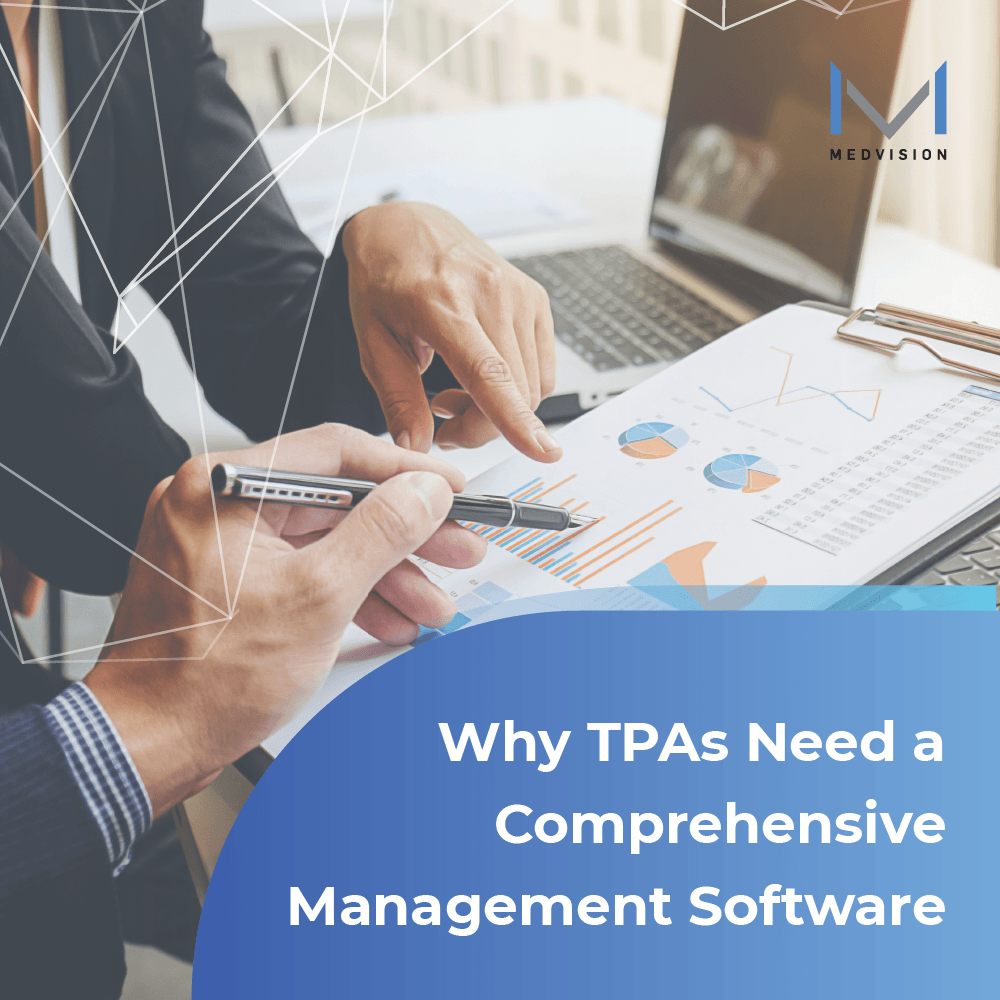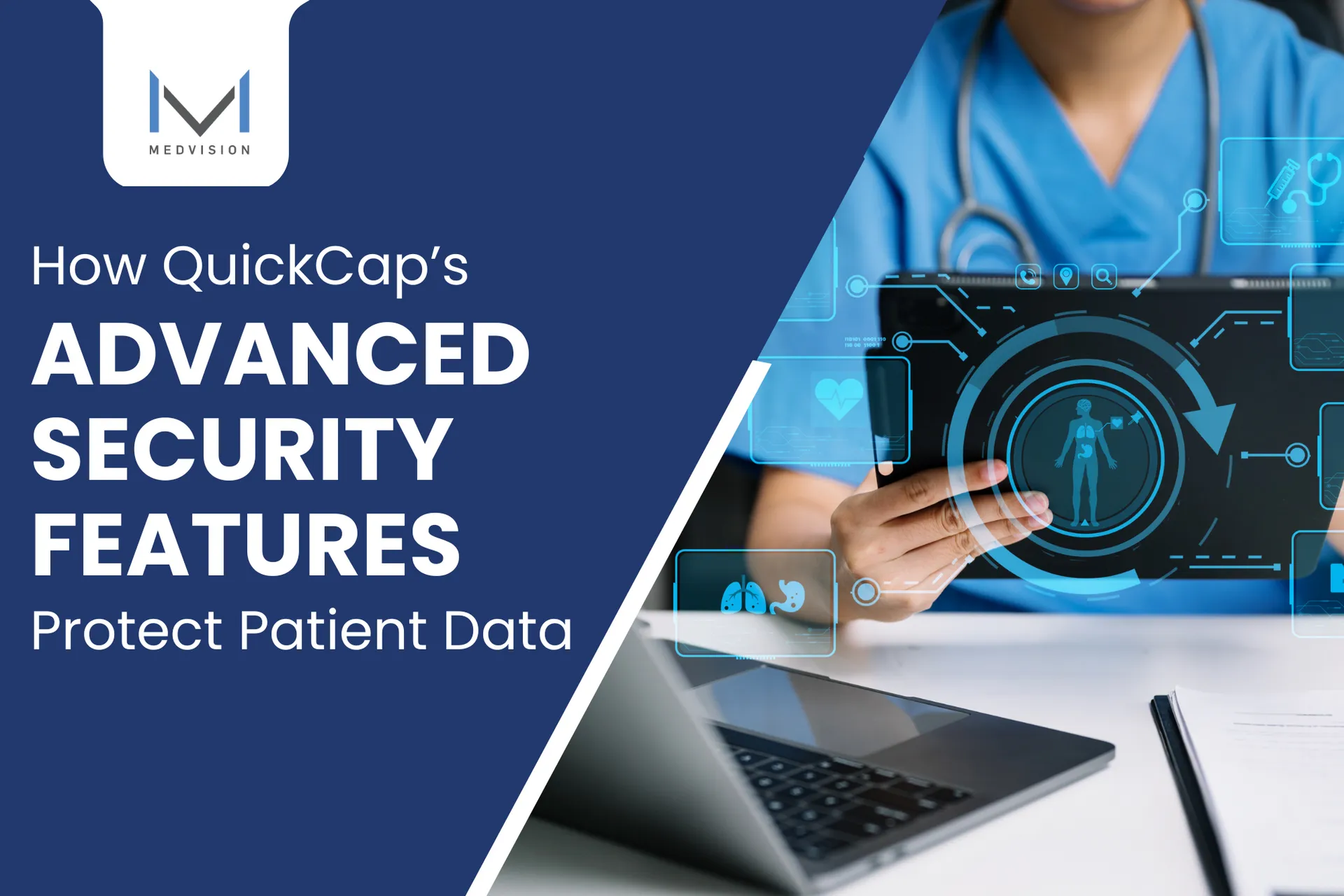What are TPAs: Insights About Improving Healthcare Efficiency

The healthcare landscape is a complex ecosystem influenced by economic shifts, technological advancements, and societal needs. Central to this dynamic is the delicate balance between healthcare expenses and available resources.
The global healthcare system faces persistent challenges amidst fluctuating expenditures. Recent OECD data reveals a concerning trend: despite a slight decline from its pandemic peak, healthcare expenditure to GDP ratios among OECD countries remain elevated from 9.7% of GDP to 9.2% in 2022, underscoring the immense strain on healthcare resources.
Health Insurance Plans play a pivotal role in this ecosystem, serving as a mechanism to manage healthcare costs and financially protect individuals against medical expenses. Yet the constant shift in GDP can strain various aspects of the healthcare system, including health insurance plans. As healthcare expenses rise, health insurance companies must manage costs while maintaining quality care for their policyholders.
In response, there has been a significant increase in the employment of Third-party administrators (TPAs). For instance, the United States witnessed a 3.3% average increase in TPAs employed between 2018 and 2023. These statistics underscore the crucial role of TPAs in navigating healthcare complexities and streamlining processes for patients, providers, and insurers alike.
Let’s uncover the untold story of how TPAs reshape healthcare efficiency in the modern age.
Getting to Know TPAs
TPAs serve as intermediaries between healthcare providers, insurers, and patients, handling the claims, processing, and reporting of self-funded health benefits plans. They facilitate effective communication between healthcare providers and insurers and ensure that claims are processed accurately and efficiently.
By liaising between these parties, TPAs help navigate the complexities of insurance coverage, clarifying policies and procedures for providers and patients.
TPAs Core Functions
TPAs quietly drive the gears of the healthcare system, handling numerous essential tasks that keep it running smoothly and efficiently. Here's a closer look at some of the vital roles TPAs play in improving healthcare efficiency:
Providing High-Quality, Consistent Service:
TPAs are crucial in delivering exceptional service to patients, healthcare providers, and insurers by facilitating seamless communication and interactions among all stakeholders. They ensure prompt inquiry addressing, efficient process management, and consistent support availability while upholding high service quality standards.
Processing Health Insurance Claims
TPAs oversee the complete lifecycle of claims adjudication, which involves processing health insurance claims for patients and healthcare providers. This responsibility encompasses efficiently and quickly managing a high volume of claims. Utilizing systems that contain automated claim adjudication and workflow routing features, such as QuickCap, expedites the process, ensuring faster reimbursement for healthcare services rendered.
Since TPAs are crucial in facilitating timely access to healthcare services and financial coverage for patients, they usually employ innovative solutions to mitigate and minimize errors in their processes.
The Intermediary Role between Insurers and Individuals

As crucial links between insurers and insured individuals, TPAs facilitate communication and enhance accessibility throughout the claims process.
- Streamlined Administrative Tasks: TPAs efficiently handle the complexities of claims processing, reducing the administrative burden on patients by precisely managing paperwork and procedures.
- Expertise and Resources:
TPAs leverage their knowledge and resources to navigate insurance procedures seamlessly, providing patients with guidance and support throughout the claims process.
- Technology and Automation:
TPAs utilize technology and automation to expedite claim processing, resulting in faster reimbursement for healthcare services rendered. QuickCap enhances this capability with its HIPAA-based EDI functionality, facilitating seamless data movement and ensuring compliance with regulatory requirements.
- Efficiency and Precision:
By streamlining the claims process, TPAs improve overall efficiency, reduce delays, and enhance the patient experience.
QuickCap's
multiemployer configurable environments and integrated evidence-based care guidelines optimize efficiency, allowing TPAs to manage diverse client needs precisely and accurately.
- Greater Satisfaction: Simplifying the claims process leads to greater satisfaction and peace of mind for patients, who can trust TPAs to handle their insurance matters efficiently and effectively.
Ensuring Confidentiality: TPA’s Commitment
TPAs prioritize the security and accessibility of patient data, employing robust measures like centralized databases and Electronic Health Record (EHR) systems. This comprehensive approach facilitates efficient data management and upholds strict security protocols, including encryption and access controls.
These innovations significantly enhance accessibility and enable seamless information exchange among healthcare facilities, ultimately bolstering care coordination and improving patient outcomes.
Meeting Challenges with Innovative Solutions
TPAs encounter various challenges in their operations. These challenges can hinder efficiency and pose risks to patient privacy and regulatory compliance:
- Information Asymmetry:
TPAs often experience disparities in the availability and accuracy of information among stakeholders, including healthcare providers, insurers, and patients. This can lead to inefficiencies in claims processing and communication breakdowns, impacting overall service delivery.
- Data Security Concerns: Given the sensitive nature of healthcare information, safeguarding patient data is paramount for TPAs. TPAs face constant threats from cyberattacks, data breaches, and regulatory compliance requirements, so they require proper security measures or systems to ensure the privacy and security of patients' information.
- Complex Regulatory Environment:
TPAs operate within a complex regulatory landscape, subject to numerous federal and state regulations governing healthcare administration, privacy, and security. Adhering to these regulations can be challenging, as it demands ongoing monitoring and adaptation to evolving legal requirements.
- Operational Efficiency: TPAs must balance operational efficiency with the requirement for accuracy and compliance in claims processing. Managing high claims volumes while maintaining quality standards and meeting service-level agreements can strain resources and infrastructure, leading to operational challenges.
- Technological Integration: TPAs use diverse claims processing software, data management, and communication technologies. Yet, integrating these systems and ensuring interoperability, particularly with new technologies, can be complex. Such challenges may impede efficiency and reduce the effectiveness of technological solutions for operational issues.
As the world evolves, so does healthcare, prompting the need for innovative solutions like QuickCap's value-based care model. QuickCap addresses the challenges of changing healthcare administration, offering a flexible platform tailored to diverse client needs. With its configurable design and robust features, QuickCap empowers TPAs to navigate regulatory changes and technological advancements confidently, ensuring efficient and reliable healthcare administration.
Empower Your TPA Vision with MedVision

After exploring the vital roles of TPAs and their challenges in healthcare administration, you may be curious how solutions like QuickCap from MedVision can empower TPAs to overcome these obstacles and drive efficiency in their operations. To learn more about how MedVision can help TPAs streamline claim integration, enhance data security, and improve the overall patient experience, visit our website or contact our team today. Let's work together to shape the future of healthcare administration.
The time to upgrade is now!
Explore Related Blogs
Recently published articles
Keep in touch
Subscribe to get the latest update
Trending topics
Share your insights on social media
Upcoming events and company news


















